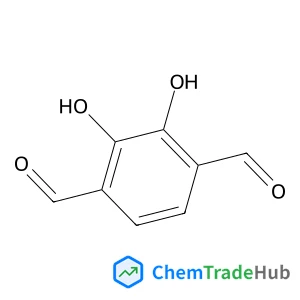2,11-Dimethoxyldipyridopurinone as an efficient reducing visible-light photocatalyst for organic transformations
文献信息
Yameng Wan, Qingfeng Liu, Hao Wu, Zhiguo Zhang, Guisheng Zhang
We report for the first time 2,11-dimethoxyldipyridopurinone (DP4) as a potent reducing visible-light photocatalyst toward three prototypic organic transformations: redox-neutral intramolecular aryltrifluoromethylations of acrylamides and the direct C–H arylation of heteroarenes with aryl diazonium salts, net oxidative hydroxylations of arylboronic acids using molecular oxygen as a green oxidant, and the net reductive dehalogenation/deuteration of α-bromocarbonyl compounds. This work reveals a bright future for dipyridopurinone derivatives as a new class of metal-free visible-light photocatalysts for a wide range of organic transformations.
相关文献
IF 6.222
Front coverIF 6.222
Triboelectric nanogenerators for a macro-scale blue energy harvesting and self-powered marine environmental monitoring systemIF 6.367
Surface structure-dependent electrocatalytic reduction of CO2 to C1 products on SnO2 catalystsIF 6.367
Visible light-driven cross-coupling reactions of alkyl halides with phenylacetylene derivatives for C(sp3)–C(sp) bond formation catalyzed by a B12 complexIF 6.222
Near infrared light activation of an injectable whole-cell cancer vaccine for cancer immunoprophylaxis and immunotherapyIF 6.843
Catalytic depolymerization of alkali lignin in ionic liquids on Pt-supported La2O3–SO42−/ZrO2 catalystsIF 6.367
Strong circularly polarized luminescence of an octahedral chromium(iii) complexIF 6.222
Direct arylation polycondensation towards water/alcohol-soluble conjugated polymers as the electron transporting layers for organic solar cellsIF 6.222
Increasing efficiency of perovskite solar cells using low concentrating photovoltaic systemsIF 6.367
来源期刊
Organic Chemistry Frontiers
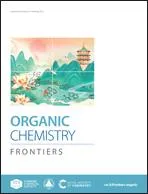
Organic Chemistry Frontiers publishes high-quality research from across organic chemistry. Emphases are placed on studies that make significant contributions to the field of organic chemistry by reporting either new or significantly improved protocols or methodologies. Topics include, but are not limited to the following: Organic synthesis Development of synthetic methodologies Catalysis Natural products Functional organic materials Supramolecular and macromolecular chemistry Physical and computational organic chemistry
推荐供应商
 FWA Friedrich Werntges Apparatebau GmbH
FWA Friedrich Werntges Apparatebau GmbH 建德市永固塑料设备厂
建德市永固塑料设备厂 Sohena GmbH
Sohena GmbH 山东亿淳化学有限公司
山东亿淳化学有限公司 biotronix GmbH
biotronix GmbH Heiza-Werkstätten Wärmetechnik GmbH
Heiza-Werkstätten Wärmetechnik GmbH 浙江常山金雄有限公司
浙江常山金雄有限公司 重庆渝偲医药科技有限公司
重庆渝偲医药科技有限公司 山东省药学科学院中试厂
山东省药学科学院中试厂










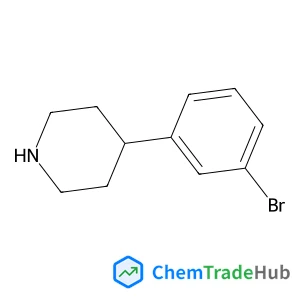
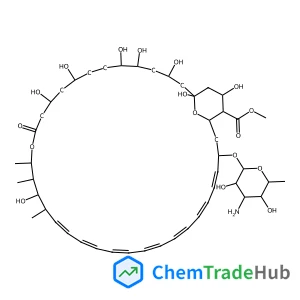
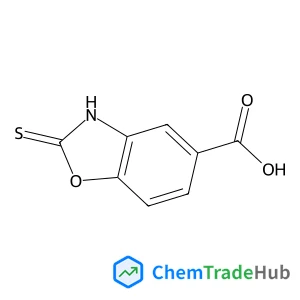
![25553-77-9 - 2-[2-(哌嗪-1-基)-乙基]-1,3-二氧杂烷 25553-77-9 - 2-[2-(哌嗪-1-基)-乙基]-1,3-二氧杂烷](/structs/255/25553-77-9-5274.webp)
